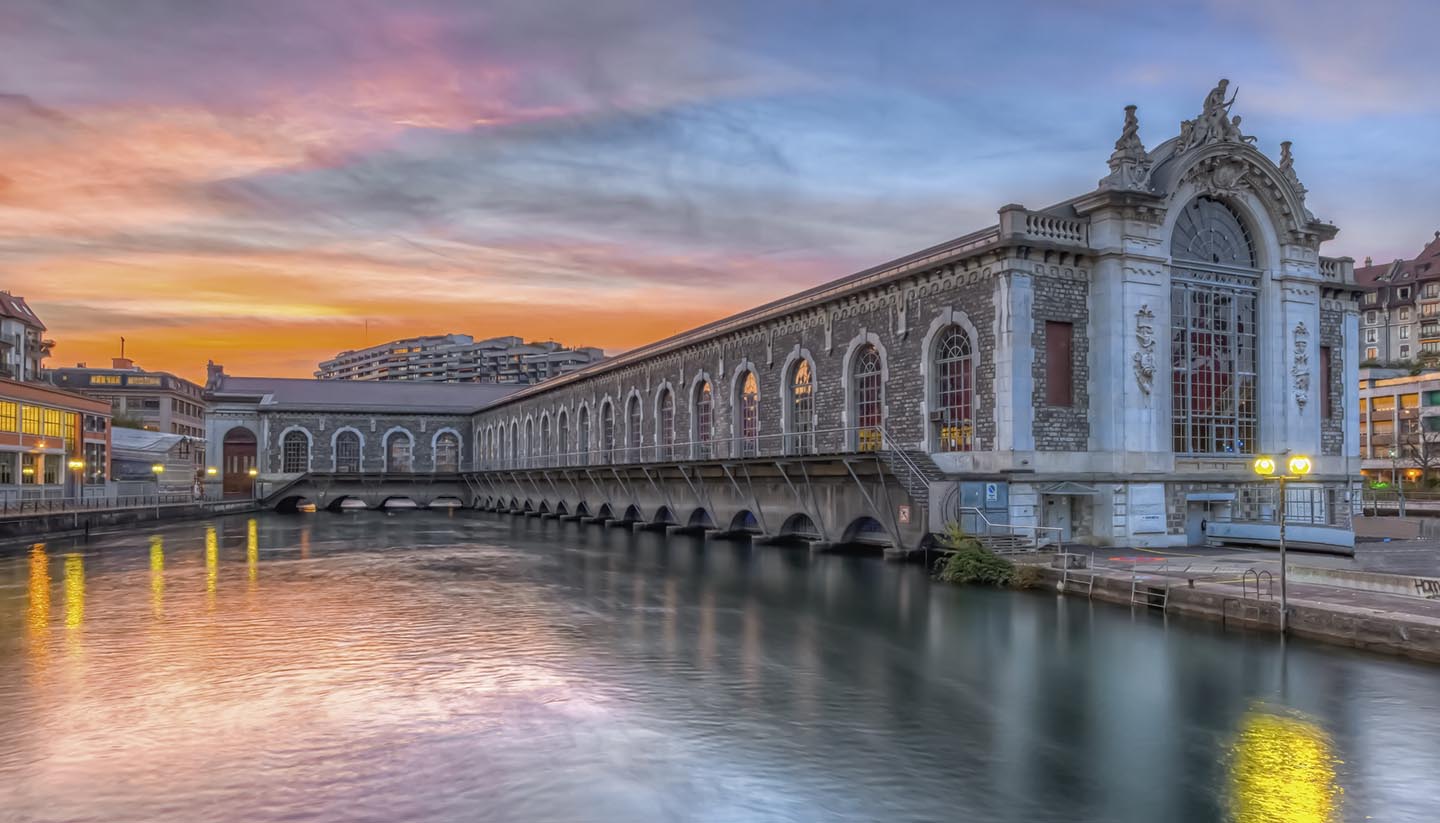Geneva History
Geneva has one of the most interesting histories of any city, anywhere. It includes the story of the only tsunami ever to occur in the landlocked city, when one came off Lake Geneva and razed Geneva in 563.
At the time, the city had existed for more than 500 years in one way or another, with both Romans and Helvetians using it as a base. In 443, following the Germanic Wars, it served as the principal camp of the Kingdom of Burgundy. However, its moment in the sun lasted less than a century when its ruler, King Godomar, was killed by the Franks in 534.
Then the tsunami arrived, caused by an extremely large landslide near the fortress of Tauredunum, to the east of Lake Geneva. The wave was said to have measured up to 16m (52ft) in height, leaving a wake of destruction that swallowed up churches, houses and bridges, and killed many of Geneva’s inhabitants.
Despite the destruction, Geneva was rebuilt and by the time the city joined the Swiss Confederation in 1815, it was a bustling hub of industry with a reputation for religious tolerance. As a consequence, the Reformation and the Inquisition resulted in hordes of refugees heading to the city, among them John Calvin, creating many cosmopolitan districts in the process.
Having left the Léman department of the First French Empire in 1815 for Switzerland, Geneva's prosperity continued to grow, largely as a result of growing watch-making and banking industries. Neutral during the World Wars, Geneva was changed by both nonetheless – largely as a result of terrified refugees looking for safety.
Their acceptance, coupled with Switzerland's continuing neutrality, saw the city become a hub for aid agencies, among them the Red Cross, which was founded in the city in 1863. The League of Nations, predecessor of the United Nations, was established here in 1920. Although the UN moved to New York in 1945, Geneva is still home to one of its European offices.
Did you know?
• The Swiss wristwatch was invented in Geneva by Patek Philippe in 1868.
• Tim Berners Lee was living and working at CERN in Geneva when he invented the World Wide Web.
• Inspired by the Reformation, Geneva adopted ‘Post tenebras lux’ (‘After darkness, light’) as its official motto.



